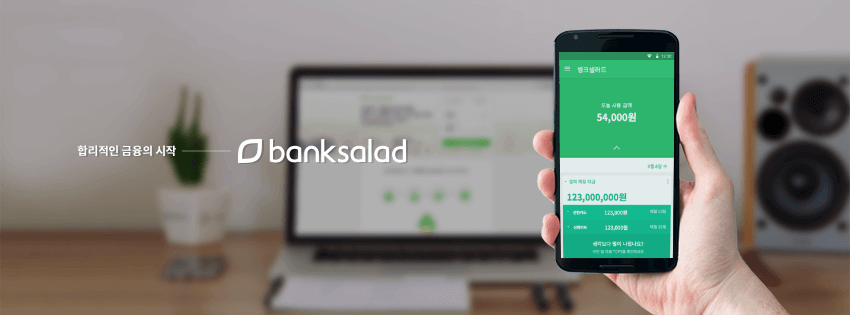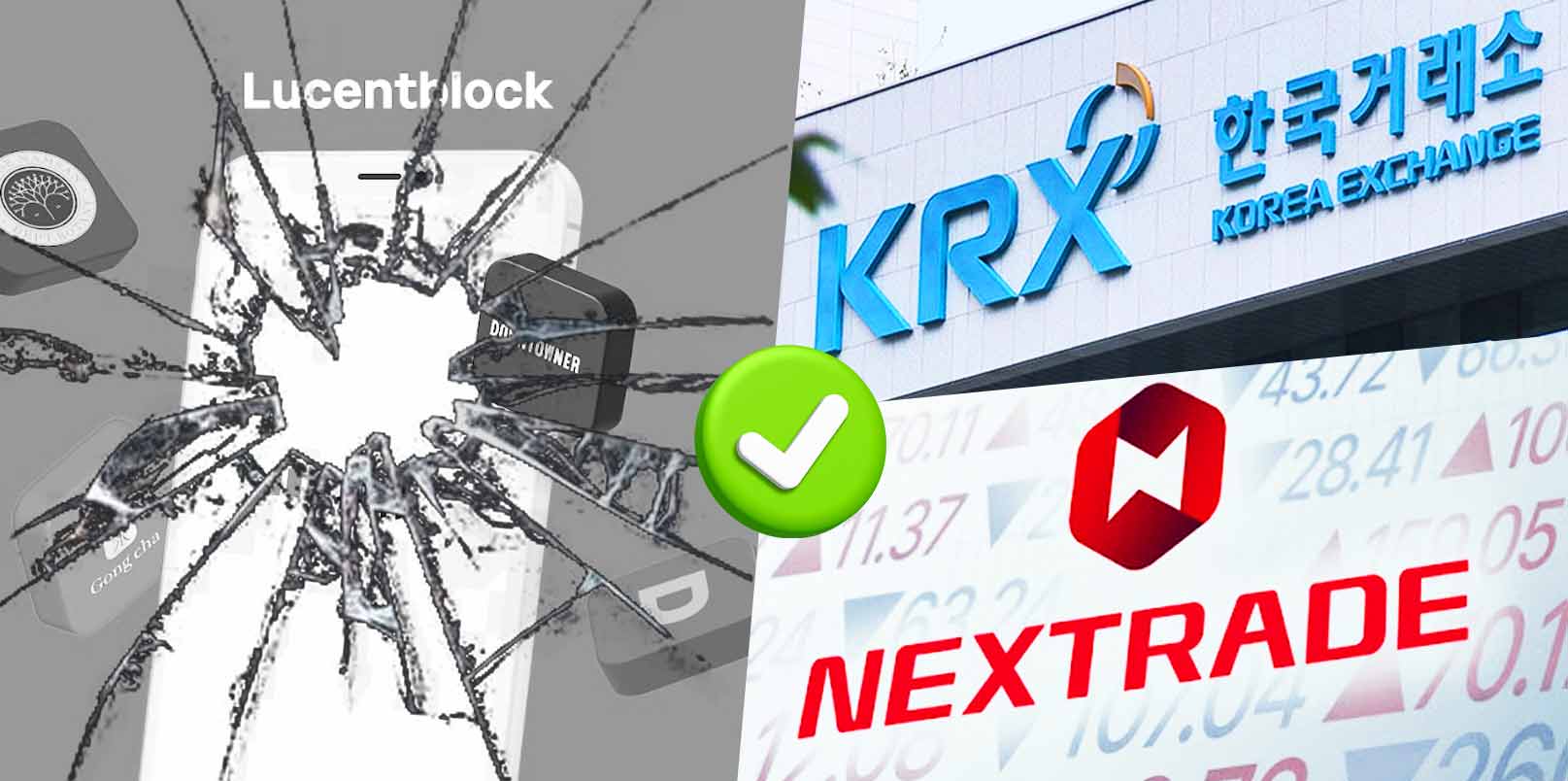FinTech startups in South Korea are defining change in the way financial transactions are happening in the country. Digital payments, online lending, peer to peer transactions, investment advice, trading, etc. are being offered by the FinTech companies.
As per data, there are more than 400 FinTech companies in South Korea, and most are doing well because of a suitable environment for financial innovation. The tech-savvy population with the best ICT infrastructure is helping the FinTech startups do business. The Korean government has taken many initiatives to support the FinTech industry through regulations, incubations, funding initiatives, logistic provision, and encouraging innovation.
A recent boost to the FinTech industry was the announcement by the Financial Services Commission (FSC), South Korea’s financial regulator, about funding around $250 or 300 billion won to FinTech companies. With the FinTech industry getting the right support system, there is no doubt there will be many finance-based startups that will attain success. Koreatechdesk.com has listed five FinTech startups that are riding high on success.
1) Viva Republica
Viva Republica is the most successful Korean FinTech startup. It has achieved the ‘unicorn’ or billion-dollar company status. Viva Republica operates ‘Toss’ a peer to peer (P2P) money transfer service that has revolutionized mobile financial transfers. Launched in 2015 by a dentist turned entrepreneur Lee Seung-Gun, Toss has simplified bill-sharing and other P2P transactions.
Along with P2P service, Viva Republica also has over ten other financial services, which makes it a consumer mobile financial services platform. It has over 13 million registered users. Most use the FinTech platform for services like loan payments, investments, credit scores, insurance, etc. In 2018, Viva Republica became a unicorn with funding of $80 million. The company now has become $1.2 billion in valuation.

In January 2020, the company had announced that it has received preliminary approval for a license to operate a digital bank from the Financial Services Commission of Korea. With the outbreak of COVID-19 slowly subsidising in South Korea, business are getting to norma functioning. Viva Republica also expanded its office in Gangnam, representing the resilience of Korean economy.
2) Rainist
Rainist’s platform Banksalad is a leading app for personal finance in South Korea. Launched in 2014, the app is primarily a financial recommendation service. It is like a one-stop service that links the user’s all financial information like bank accounts, credit card information, insurance, expenses, savings on to one platform. Using the consolidated data, Banksalad offers recommendations about financial products like credit cards, insurance policies, saving bonds, etc. based on the user’s financial status and spending habits.

The app allows users to monitor their finances like bank transactions; credit card uses, etc. Rainist has raised a total of $38 million in funding from 11 investors that include IMM Investment, KB Investment, and Stonebridge Ventures. Bank Salad now has 4.5 million downloads and 1.5 million monthly active users and it oversees $75 billion in asset in Korea.
3) Deepsearch
Korean FinTech startup, DeepSearch, has developed a financial Artificial Intelligence platform, exclusively for B2B usage, that helps make reasonable and fair investment decisions. DeepSearch Inc., formerly known as Uberple, has built a real-time statistical computing engine for financial professionals and provides crowd-sourced content service for financial markets.

The platform provides insightful information about businesses, industries, financial news, etc., gathered through various big data analysis techniques and machine learning.
4) Lendit
Founded in 2015, Lendit is a peer to peer (P2P) online service. Lendit offers peer to peer consumer lending services for borrowers and investors. Kim-Seong Joon founded the company inspired by Lending Club, a USA based company. The startup’s platform uses advanced risk ranking algorithms and a cost-effective operational process that helps borrowers have access to an appealing interest rate and investors high and stable yield.

Lendit received $6.2 million last year from venture capital firms such as Crevisse-Lime Venture Fund, Yellowdog, Collaborative Fund, and Altos Ventures. Lendit has received a cumulative investment of 24.35 billion won or $ 21.61 million, which is the largest among the domestic P2P companies since its launch.
5) Dunamu – Upbit
The financial company owns the popular cryptocurrency exchange Upbit. It in South Korea. Basically, Dunamu & Partners is an investment company that has an interest in FinTech and blockchain companies. The company operates Upbit that allows users to trade various altcoins like Bitcoins, Ethereum, etc. in a secure and convenient system.

Upbit launched was launched in 2017 with the help of American cryptocurrency exchange Bittrex. Within two months of its launch, it becomes a top global cryptocurrency exchange in terms of the 24-hour trading volume. The exchange has expanded to Southeast Asia with the launch in Singapore in 2018 and in Indonesia in 2019. Dunamu, which is a subsidiary of Korean tech giant Kakap Corp., is the main investor behind Upbit and also runs the Kakao Stock app.





